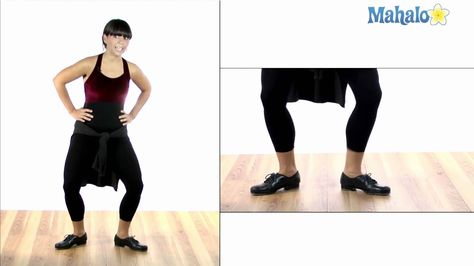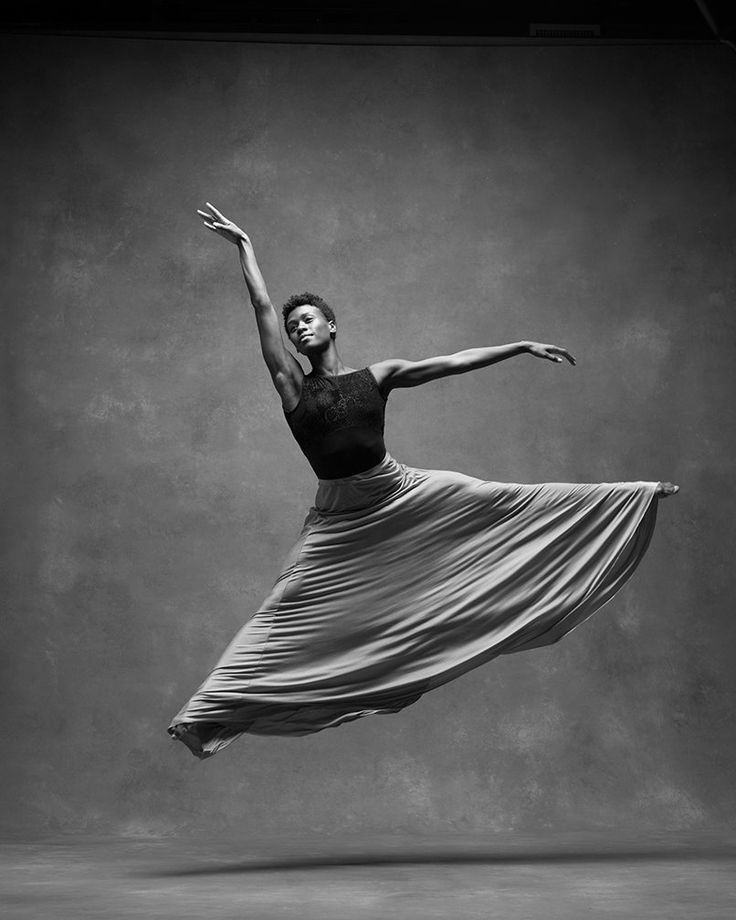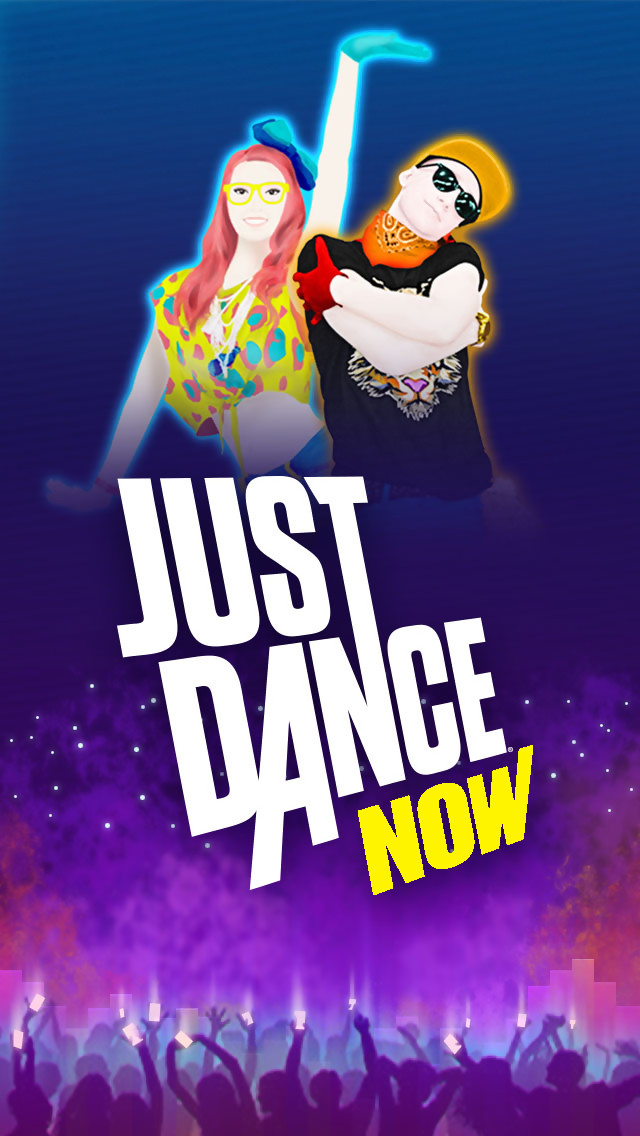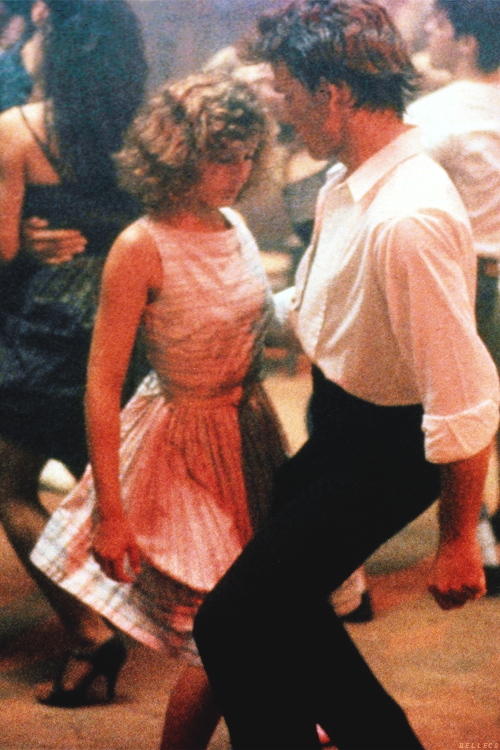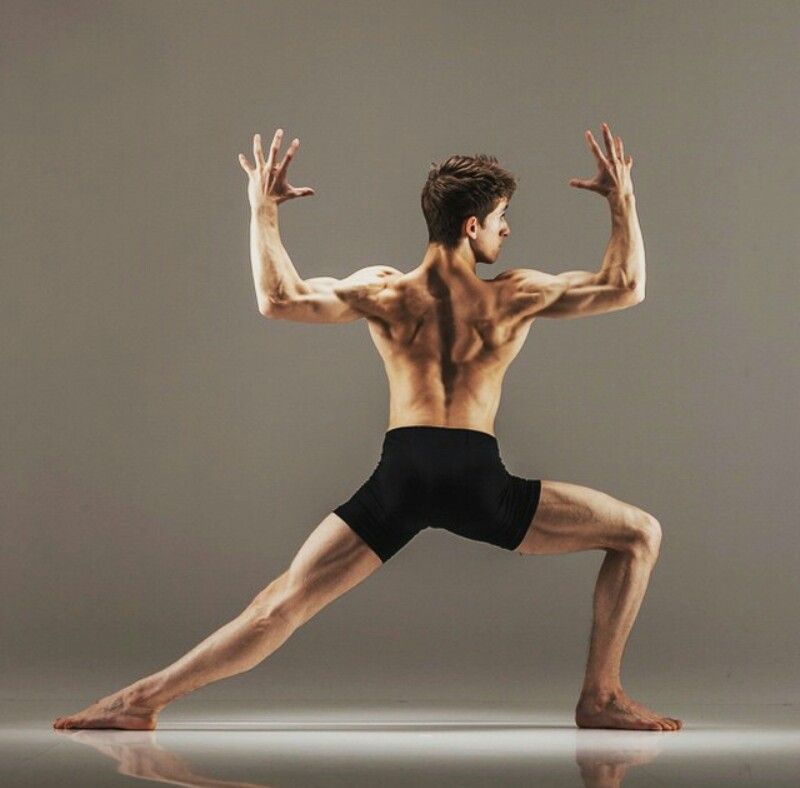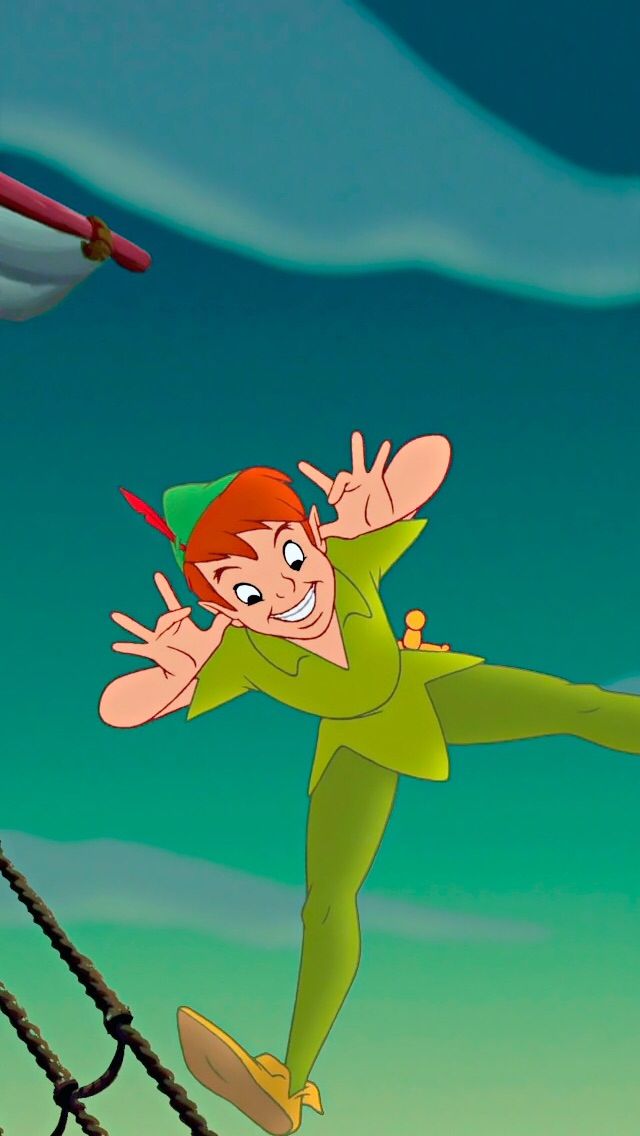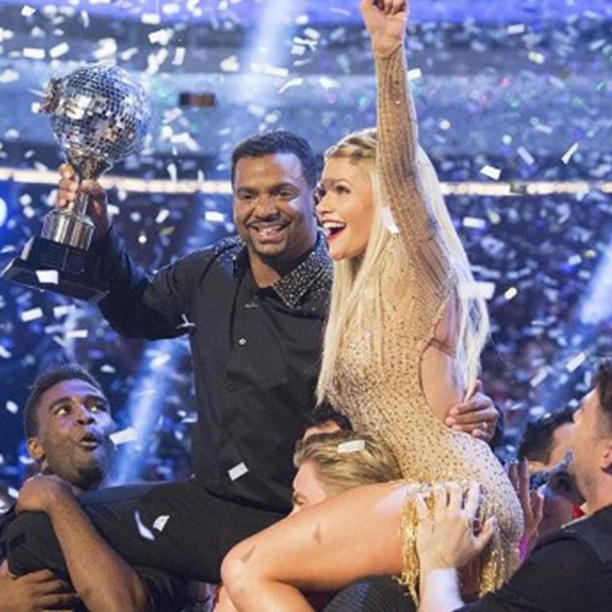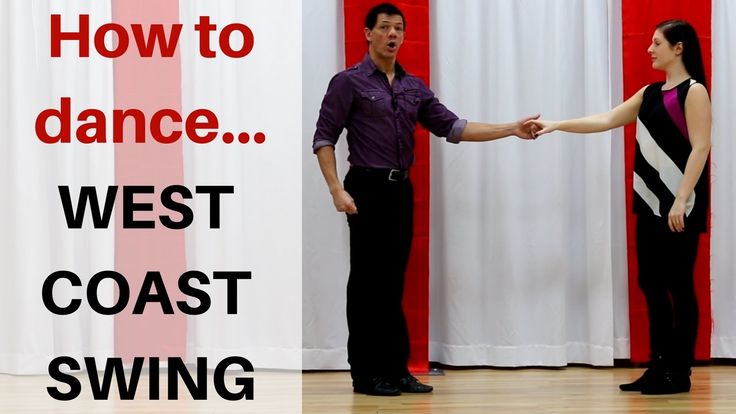How to teach tap dance
Free Tap Dance Syllabus with Videos
Spank (Brush Back, Draw, Pull) -
Spank Step (Back Flap) -
Spank Step Heel -
Spank Step Ball Change -
Shuffle -
Shuffle Step (Running Shuffle, Leap Shuffles, Jogging Shuffles) -
Shuffle Ball Change -
Buffalo -
Cramp Roll -
Irish -
Maxie Ford -
Waltz Clog -
Heel Stand -
Step Heel Turn -
Flap Heel Turn -
Slide -
OPTIONAL STEPS
Clunk -
Leap -
JUMP TO: Top 1 2 3 4 5 6 7
LEVEL 2 (essential steps in teaching order, optional in alphabetical)
ESSENTIAL STEPS
Hop Shuffle -
Shuffle Heel -
Scuff -
Double Buffalo -
Double Cramp Roll (Flap Cramp Roll) -
Double Irish (version 1) -
Irish Flap -
Double Maxie Ford -
Double Waltz Clog -
Alexander (Broadway, Shirley Temple) -
Back Essence -
Flap Heel Heel -
Bombershay Modern (Bombershe, Toe Clip)-
Drawback -
Pullback (Pull, Grab Off, Pick-
Scuffle (Dig brush, Dig Spank, Paddle) -
Scuffle Step (Paddles, Dig brush Step) -
Scuffle Step Heel (Dig Brush Toe Heel, Paddle and Roll, Paradiddle -
Scuffle Ball Change -
Buck Single Time Step -
Traditional Single Time Step -
Buffalo Turn -
Step Irish Turn -
Step Toe Hop Turn -
In and Out Pullback (Jumping Jack Pullback) -
Toe Stand -
Slap -
OPTIONAL STEPS
Bombershay Broadway (Bombershe) -
Clicks (Toe & Heel) -
Crossing Pullback -
Heel Stand Turn -
Jump Click -
Leap Heel -
Smack -
Slam -
Travel Step -
JUMP TO: Top 1 2 3 4 5 6 7
LEVEL 3 (essential steps in teaching order, optional in alphabetical)
ESSENTIAL STEPS
Shuffle Step Heel -
Double Shuffle -
Double Irish (version 2) -
Alternating Cramp Roll (Around the World Cramp Roll, Trading Cramp Roll) -
Pendulum Shuffle -
Double Scuffle -
Double Scuffle Step Heel -
Double Back Essence -
Traditional Double Time Step -
Traditional Triple Time Step -
Buck Double Time Step -
Buck Triple Time Step -
Cincinnati -
Single Pullback (One-
Trenches (Hoofer & Broadway Style) -
Riff -
3-
4-
5-
Maxie Ford Turn -
Stamp Cramp Roll Turn -
Double Pullback -
Wing -
OPTIONAL STEPS
Boomerang -
Double Flap -
Scuff Dig Ball Change -
Single Heel Stand -
Skipping Pullback -
Step Heel Heel -
JUMP TO: Top 1 2 3 4 5 6 7
LEVEL 4 (essential steps in teaching order, optional in alphabetical)
ESSENTIAL STEPS
Triple Cramp Roll (Shuffle cramp Roll) -
Irish Pullback -
Double Toe Stand -
Toe Stand Turn -
Nerve Taps -
Switching Pullback (Swapping, Alternating Pullback) -
Maxie Ford Pullback -
Double Maxie Ford Pullback -
Shuffle Pullback Ball Change -
Waltz Clog Pullback -
Double Waltz Clog Pullback -
Shuffle Pullback -
Over The Top -
Shim Sham - STOMP SPANKS STEP, stomp spank step STEP, stomp spank step]3 times, stamp TOE STEP HOP step hop STEP jump-
Step Riff Heel (Hop Riff Heel, Leap Riff Heel) -
Heel
6-
7-
8-
Riffle -
Riffle Step -
Hines Riff (Split Riff) -
Stamp Step Riff Heel Turn -
Stamp Step Toe Heel Turn -
Paddle Turn -
Traditional Quadruple Time Step -
Buck Quadruple Time Step -
Single Traveling Time Step -
Double Traveling Time Step -
Triple Traveling Time Step -
Quadruple Traveling Time Step -
Crossing Wing -
Single Wing (One Foot Wing) -
OPTIONAL STEPS
Backwards Cramp Roll -
Cramprolet -
Cramp Roll Time Step -
Criss Cross Cramp Roll -
Dig Slide -
Flap Step Ball Change -
Heel Grind Time Step -
Hop Scuffle -
Maxie Ford Clunk -
Penguin -
Scap -
Scuff Dig Toe -
Scuffle Dig Toe -
Scuffle Step Turn -
Single Heel Stand Turn -
Single Toe Stand (One Foot Toe Stand) -
Single Toe Stand Turn -
Spank Toe Step -
Spots -
Stamp Roll -
JUMP TO: Top 1 2 3 4 5 6 7
LEVEL 5 (essential steps in teaching order, optional in alphabetical)
ESSENTIAL STEPS
Shuffle Dig Toe -
Shuffle Toe Step -
Riffle Step Heel -
Double Buffalo Toe -
Double Flap Cramp Roll -
Triple Double Cramp Roll -
Irish Pullback Flap -
Irish Pullback Flap Heel -
Maxie Ford Toe -
Double Maxie Ford Toe -
Buffalo Pullback -
Double Heel Stand -
Shiggy Bop (Shovel, Heel Slide) -
Crossing Drawback -
Double Drawback -
Triple Drawback -
Scuff Heel Step -
Switching Pullback Toe -
Treadmill -
Pullback Toe -
Dwing -
Swing -
Twing -
Single Wing Toe -
Double Wing (Separated, Staggered, Alternating) -
Switching Wing -
Traveling Pendulum Shuffle -
Shuffle Flap -
Shuffle Toe Toe Step -
OPTIONAL STEPS
Alexander Clunk -
Backwards Wing -
Click Buffalo -
Double Cincinnati -
Drawback Heel -
Dub Dub Dig Toe -
Heelo -
Jordan Pullback -
Jumper -
Lopsided Cramp Roll -
Maddie Mill -
Radiohead -
Rod Roll -
Scuffaloeo -
Scuffle Toe Slap Heel -
Shayberbom -
Shuffle Ball Change Heel -
Spat -
Spear -
Spiel -
Toe Stand Shuffle Step -
Tori -
Twister -
JUMP TO: Top 1 2 3 4 5 6 7
LEVEL 6 (essential steps in teaching order, optional in alphabetical)
ESSENTIAL STEPS
Shuffle Dig Step Shuffle Toe Step -
Shuffle Toe Pullback Ball Change -
Double Toe Buffalo -
Double Buffalo Toe Pullback -
Riffle Cramp Roll -
Irish Shiggy Bop (Irish Shovel) -
Irish Wing -
Double Maxie Ford Toe Pullback -
Double Toe Maxie Ford -
Double Waltz Clog Toe Pullback -
Hop Riffle -
Pendulum Riffle -
Riffle Dig Toe -
Bombershay Toe -
Shuffle Pullback Heel -
Flam -
Hoofer’s Shuffle -
Shuffle Heel Step -
Double Pullback Toe -
Switching Pullback Flap -
Single Wing Heel Toe -
Switching Wing Toe -
Wing Toe -
Same Side Wing -
OPTIONAL STEPS
Annalisa's 8-
Bam Bam -
Blur -
Clapull -
Clunker -
Ditto -
Dodo -
Drawbershay -
Farmer -
Flabbergast -
Hit -
Jackhammer -
Jimmy -
Jinnyshay -
Megamines Cramp Roll -
Nicaela Quick -
Rise -
Scopper -
Scout -
Scuffit -
Scuffout -
Shay Roll -
Shuffle Heel Step Heel -
Shunk -
Skunk -
Spackle -
Squiggly Wiggly -
Steel -
Stephunky -
Sugar Bop -
Swiffle (Tessa Backdraw) -
Toto -
Tucker -
JUMP TO: Top 1 2 3 4 5 6 7
LEVEL 7 (essential steps in teaching order, optional in alphabetical)
ESSENTIAL STEPS
Hop Shuffle Hop Scuffle Hop Riffle Hop Stomp Spank -
Step Riff Brush Heel -
Toe Dig Bombershay -
Drawback Flam -
Switching Pullback Flap Heel Toe -
Treadmill Heel -
Buffalo Wing -
Maxie Ford Wing -
Double Waltz Clog Wing -
Frap -
Frap Cramp Roll (NOT flap) -
Scuffle Pullback -
Buffalo Scuffle -
switching pullback
Irish Pullback Heel Flap Heel -
Single Pullback Toe -
Irish Pullback Toe Flap -
Hot Toe -
Waltz Clog Scuffle -
Scuff Front -
Double Scuff Front -
Frapback -
Cincinnati Flam -
Joe Toe Pull -
Pullback Dig Toe -
3 Sound Pullback -
Pullback Shuffle Step -
Single Pullback Opposite Toe -
Switching Toe Pullback -
Pendulum Wing -
Scissor Wing -
Five Count Wing -
Five Count Single Wing -
Heel Flam -
Jump Flam -
OPTIONAL STEPS
Baloney -
Brittanyshay -
Broken Riff -
Clickety Clank -
Click Pullback-
Click Wing -
Drawman -
Faluffalo -
Maddalo -
Riff Raff -
Rooster -
Rorymeister -
Ruffle -
Sh-
Sloppy Joe -
Teeler -
Toe Stand Wing -
Toro -
JUMP TO: Top 1 2 3 4 5 6 7
NOTES
This tap dance syllabus is designed to give you a rough idea of what level each of these steps can be taught at.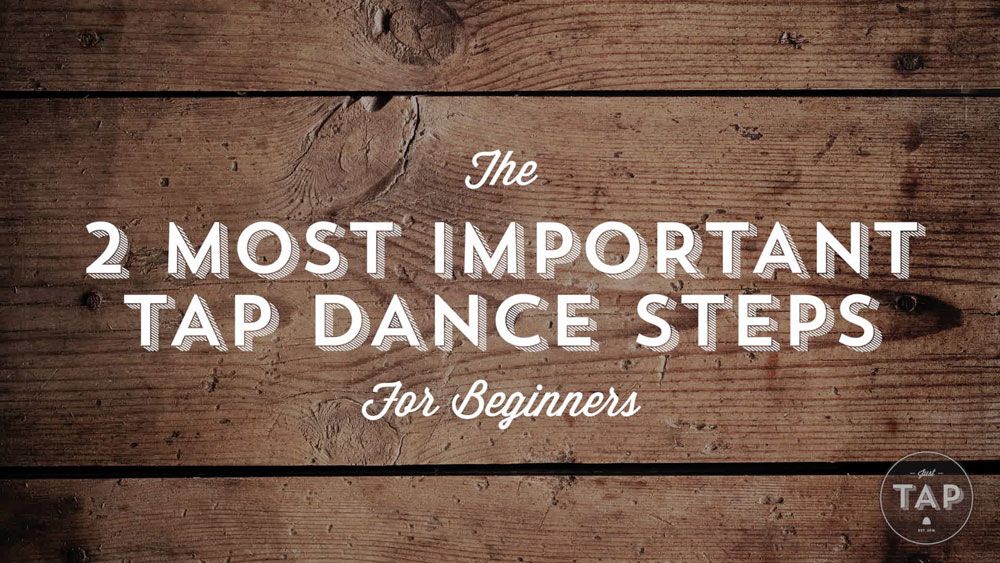 Like any syllabus, it is flexible. Some classes move very quickly and others more slowly. Also, I doubt anyone will get to each step in every level. I know I certainly don't. I try to hit the important ones and the rest are optional if I get around to them.
Like any syllabus, it is flexible. Some classes move very quickly and others more slowly. Also, I doubt anyone will get to each step in every level. I know I certainly don't. I try to hit the important ones and the rest are optional if I get around to them.
Tap Teacher Training — American Tap Dance Foundation
Directed by Susan Hebach and Margaret Morrison with an expert faculty including: Brenda Bufalino, Barbara Duffy, Thelma Goldberg, Dexter Jones, Lisa La Touche, Toni Noblett and guest artists.
Level 1 Tap Teacher Training - Foundational concepts of the Copasetic Curriculum for all rhythm tap teaching and pedagogy for Beginning tap students.
Each Module offers classic Copasetic repertory, a comprehensive approach to excellent rhythm tap technique, jazz music skills, composition, improv, history, and plenty of feedback and personalized support from ATDF TTT Faculty.
Attend real-time Zoom sessions, once a week on Thursdays, 11:00AM – 2:00PM Eastern Time, or complete the video lessons in your own timing. Attend modules in any order. Tuition is $450 per module or $1,200 for all 3.
Attend modules in any order. Tuition is $450 per module or $1,200 for all 3.
Module A - pre-recorded instruction opens October 13, 2022. Zoom classes meet October 27, November 3, 10, & 17, 2022
Module B - pre-recorded instruction opens January 5. Zoom classes meet January 12, 19, 26, & February 2, 2023
Module C - pre-recorded instruction opens February 9. Zoom classes meet February 16, 23, March 2 & 9, 2023
About the Copasetic Canon
The Copasetic Canon is rooted in the tap technique and repertory, the musical and compositional concepts, and the jazz culture passed down to us from the Copasetics, an ensemble of tap soloists of the Golden Age of Tap. The Copasetics were a performance group and social club, formed in memory of Bill “Bojangles” Robinson, who coined the phrase “Everything is Copasetic.” This material, combined with the artistic vision and teachings of Brenda Bufalino, has been adapted by Susan Hebach into a clear approach to teaching youth, teen and adult students at the American Tap Dance Center.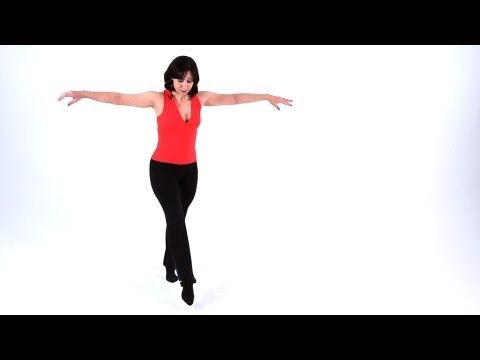 Under the direction of Margaret Morrison and Hebach, the Copasetic Canon curriculum is now available to teachers who want a technically solid approach to teaching rhythm tap that provides a rich immersion in swing and bebop jazz musicality and a foundation for 21st century tap dance explorations.
Under the direction of Margaret Morrison and Hebach, the Copasetic Canon curriculum is now available to teachers who want a technically solid approach to teaching rhythm tap that provides a rich immersion in swing and bebop jazz musicality and a foundation for 21st century tap dance explorations.
The mission of the American Tap Dance Foundation has been intimately tied with the legacy of the Copasetics, starting with Brenda Bufalino’s dance partnership in the 1970s and 80s with Charles “Honi” Coles. Formerly the American Tap Dance Orchestra, the ATDF was founded in 1986 by Bufalino, Coles, and Tony Waag. The ATDO toured internationally until the mid-1990s under the artistic direction of Ms. Bufalino, performing dozens of her contemporary tap works. These dances are now being reconstructed and handed down to a younger generation of dancers enrolled in the ATDF youth and adult education programs. The classic tap repertory learned from the Copasetics has also become a central component of the ATDF youth and adult education curriculum. We trace our approach to performance, music, and the ways we pass on the form, back to both our Artistic Mentor Brenda Bufalino and to these great tap dancers before her.
The classic tap repertory learned from the Copasetics has also become a central component of the ATDF youth and adult education curriculum. We trace our approach to performance, music, and the ways we pass on the form, back to both our Artistic Mentor Brenda Bufalino and to these great tap dancers before her.
The ATDF launched the Tap Teacher Training Program based in the Copasetic Canon in 2014 to ensure that this legacy of tap excellence continues onto the 21st century. The ATDF is proud to honor the Copasetics and their contributions, as we look forward to new voices and new grooves that have developed from these influences and beyond.
Co-Directors:
Susan Hebach - [email protected]
Margaret Morrison - [email protected]
For more information contact: [email protected] or call: 646-230-9564
How to learn to tap dance
Home Male and female Teaching How to learn to tap dance
Content of the article:
- 1 Fundamentals of the execution of the leaks
- 2 Success Secret
- 3 The main elements in the dance
- 4 Rhythms of leaks
The basis for the execution of the leaks
Chemisting is the main foundation for which the steps are considered to be tucked up by gender.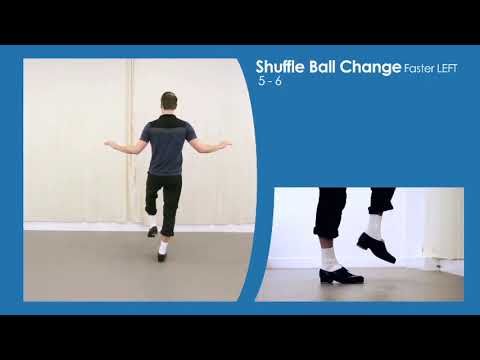 Simply put, it is music played with the feet. Each time the celebrity of this dance only increases. It is compared with the Irish jig, because the tap-dancing rhythm is also of paramount importance there.
Simply put, it is music played with the feet. Each time the celebrity of this dance only increases. It is compared with the Irish jig, because the tap-dancing rhythm is also of paramount importance there.
In order to start tap dancing, you need to buy special comfortable shoes for this. It should be in the form of shoes with metal heels. It is also important that the flooring is solid. This is necessary for a clearer sound of heels.
Tap dance shoes can be purchased at a specialty store or made to order at any shoe repair shop. It is important that the shoes fit well enough on the foot. Very tight shoes will rub the foot, causing discomfort, and also further lead to foot deformity. Too loose shoes can lead to injury.
For such a dance, it is better to choose a place to practice in advance. It is best to dance outdoors on a special platform. It is important that there are no foreign objects nearby. This will improve the quality of classes, because swings and turns require a lot of space.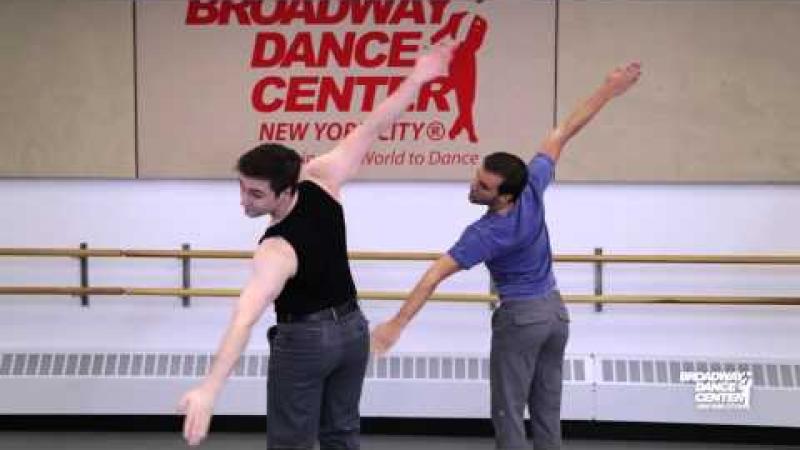 It is advisable to tap dance under the guidance of an experienced master who can teach correctly and point out shortcomings. You can also learn to tap dance on your own. You should not engage in tap dancing in a multi-storey building, because it will cause negativity among the neighbors. It is best to do this in a special sports club. Suitable for any hard surface floor. Linoleum or carpet should be avoided, such coatings interfere with sound.
It is advisable to tap dance under the guidance of an experienced master who can teach correctly and point out shortcomings. You can also learn to tap dance on your own. You should not engage in tap dancing in a multi-storey building, because it will cause negativity among the neighbors. It is best to do this in a special sports club. Suitable for any hard surface floor. Linoleum or carpet should be avoided, such coatings interfere with sound.
After the theory is mastered, you can move on to practice. If the classes will be held at school, then for clarity, a lesson will be shown with step-by-step instructions on how to start tap dancing. Then you need to slowly begin to repeat after the instructor, alternately performing each element of the dance. Performing everything slowly but clearly, you can quickly memorize the main elements of tap dancing.
The secret of success
For a good mastering of the tap dance movements, you need to train every day for half an hour.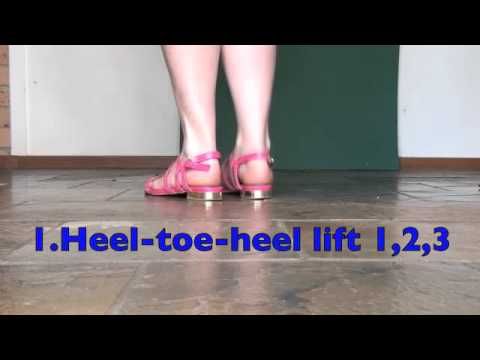 Additional classes also do not interfere. You can simultaneously master some other dance, for additional physical training.
Additional classes also do not interfere. You can simultaneously master some other dance, for additional physical training.
The basic elements of the dance
All the basic elements of the dance are formed with the heel, toe and swing. Legs can be crossed, legs are swung, the toe can alternate with the heel. U-turns and jumps also look skillfully, with which leg swings are made. Turns are performed with the help of a sock, which is placed on the heel. And all this is done at a fast pace. The main thing here is that the leg stance must be performed correctly and at a certain slope. Movement must be precise.
First you need to learn everything separately, each element. The main thing is the rhythmic step. Then there are 4 main movements. To execute the first brush element, you need to hit with your heel, putting your foot forward, and then put your foot back, hitting with your toe. Ball-change consists of performing a kick with one leg and subsequent kicks with the other leg.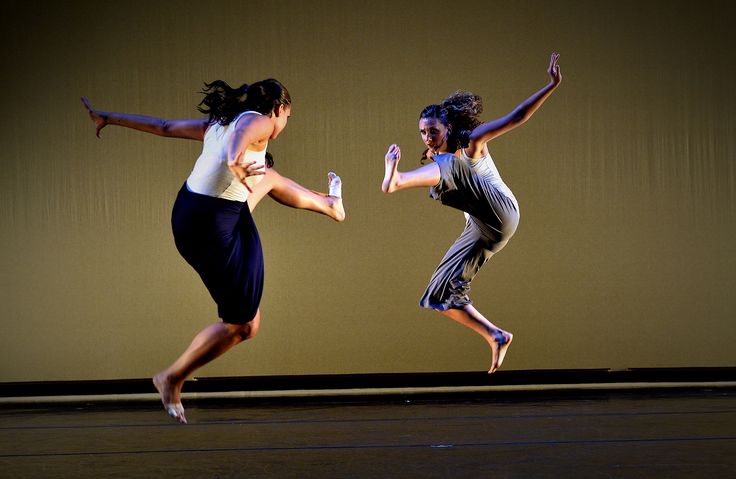 And so each leg alternates in turn. Flap is done by hitting the heel and toe of one foot, and then the other foot. Shuffle is an element that is executed when stepping forward. All these movements are worked out to automaticity, and then they are easily combined in a dance.
And so each leg alternates in turn. Flap is done by hitting the heel and toe of one foot, and then the other foot. Shuffle is an element that is executed when stepping forward. All these movements are worked out to automaticity, and then they are easily combined in a dance.
Tap-dancing rhythms
Every time a heel tap on the floor is made, and then a toe tap. And so there is an alternation between them. Learn sanchal at a slow pace and without music. Once the basics have been learned, you can turn on an easy tempo, and then a fast one.
Knowing the main movements, you can begin to combine them into a dance. Otherwise, you can improvise, showing imagination. After all, such a dance is, first of all, an art. Their elements are added to the basic methods, and a new dance is obtained. Now you can create your own individual dances, with the basics of tap dancing.
So, to learn how to tap dance you need:
• Enroll in a dance school.
• Buy video tap dance course.
• Find a tap dance choreographer.
It is not always necessary to choose one option for tap dancing. You can enroll in a dance school and buy a course of video lessons. Thus, you can learn to dance not only at one time, at school, but also at home, according to the course of video lessons.
Like many dances, tap dancing is performed to music. If you master the dance technique well, then you can perform tap dance without music. The rhythm that will be performed during the dance will be the melody of the tap dance itself.
Learning something new, correctly combining movements and improving skills, you can achieve a lot. You can watch video lessons on the Internet, both individually and the complexity of the compositions.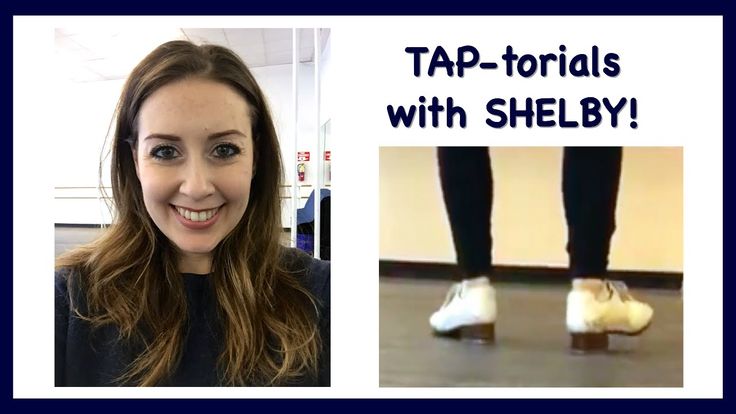 It is important not only to remember, but also to be able to exactly repeat the new dance movements.
It is important not only to remember, but also to be able to exactly repeat the new dance movements.
Previous articleWhen can a cat be spayed
Next articleHow to cook chicken borscht
MORE STORIES
How to learn to "knock"?
Step (or tap dance) is a kind of dance, the characteristic feature of which is rhythmic percussive footwork.
Dictionaries and reference books say so. And, of course, fans of this dance are well aware that the step is performed in special shoes lined with special plates. This genre has its peaks - Bill Robinson, Sammy Davis Jr., Nicholas brothers. In Odessa, there is also, one might say, already the title representative of this genre - Alexander Ostanin. In 2008, he won the TV show "Everybody Dance!", and recently became one of the organizers of the Odessa Tap Festival, which was attended by professional dancers from the USA, Germany, Slovenia, Switzerland, Belarus and Ukraine.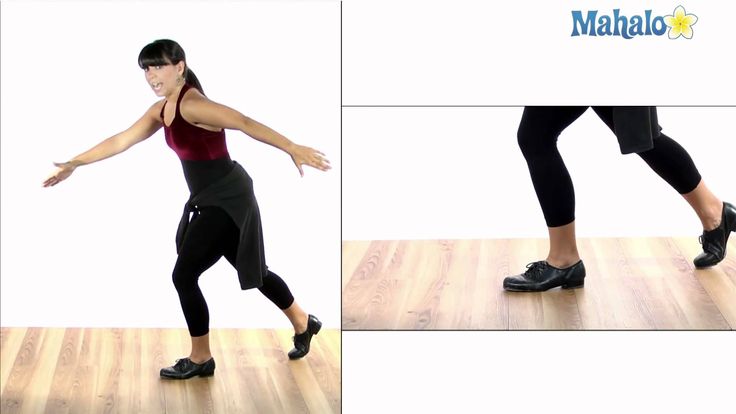
- I think that after the start of your festival at the Duke's site and a spectacular gala concert in the Russian Drama Theater, even more Odessans will start learning to "knock". Was this part of your plans?
- It seems to me that tap can absorb other styles, using their advantages, for example, contemporary, hip-hop. There are many talented children in my school Ostanin Dance Center (at their age I couldn't dance like they already do). For example, my student and school teacher Karina Savenko has already managed to take fourth place at the world tap dance championship in 2016.
The value of the genre lies in the fact that you are both a dancer and a musician. Tap can be seen as dance and heard as music. A live musical instrument that you can dance to.
Tap is directly related to music, and specifically to jazz. And jazz in Odessa is loved, known and appreciated, we can say that our city is the homeland of jazz.
Therefore, the tap dance is comfortable here.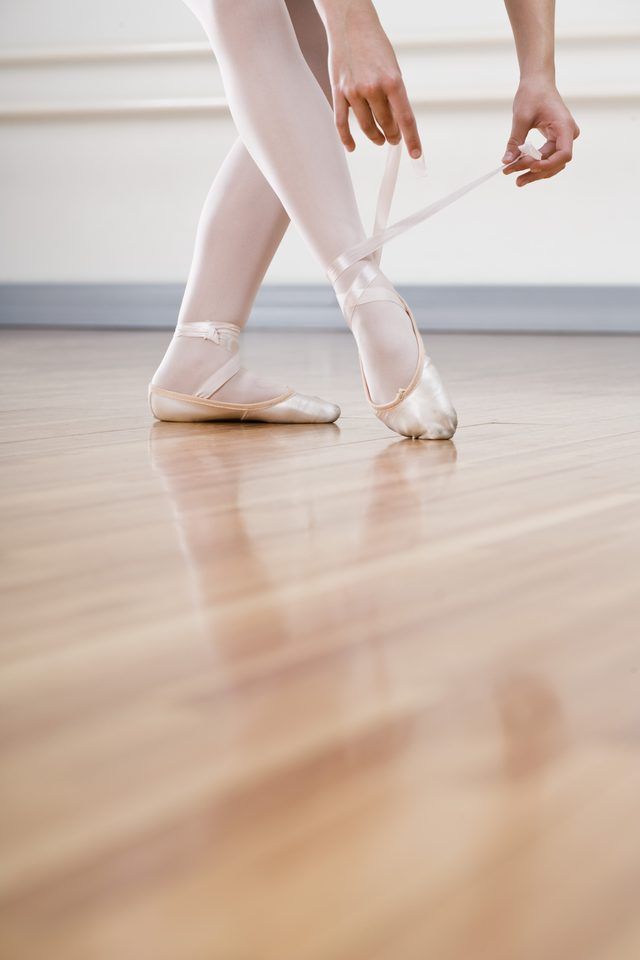 I am glad that two of my teachers from Los Angeles and New York, whom I sincerely consider gods in the tap, came to the festival - Sarah Reich and Jason Jenas. We also had a colleague from Switzerland - ten-time world champion Daniela Borak and my friend from Odessa, also a tap dancer, with whom we took gold in a duet at the World Championships, Sergey Ostapenko.
I am glad that two of my teachers from Los Angeles and New York, whom I sincerely consider gods in the tap, came to the festival - Sarah Reich and Jason Jenas. We also had a colleague from Switzerland - ten-time world champion Daniela Borak and my friend from Odessa, also a tap dancer, with whom we took gold in a duet at the World Championships, Sergey Ostapenko.
- You and Sergey are different, but in a duet you dance amazingly in sync. Do you practice in front of the mirrors, or does someone from the outside lead the rehearsals?
- Of course, it's good when there is someone else who can look from the outside and suggest something, but basically everything is practiced at the mirror. With Serezha, they studied with the same teacher Alexei Gilko, but then they stopped communicating, moved away from each other, although both continued to live in Odessa. They existed in parallel, not intersecting. He has his own studio, I have mine.
It even happened that they worked in the same hall, although at different times.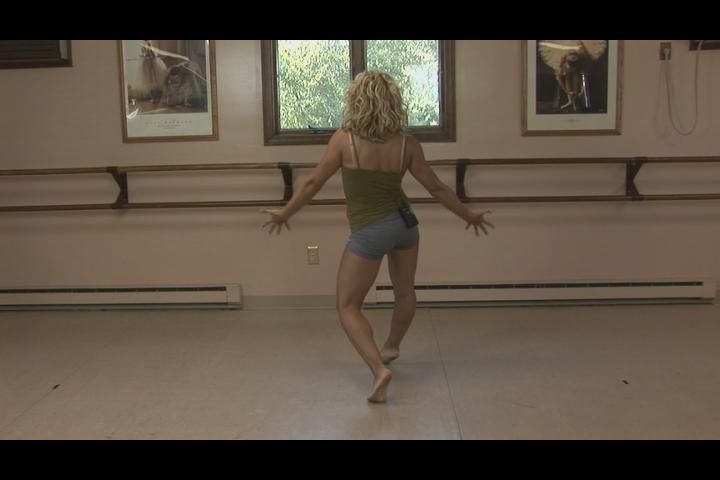 Why not create something together, because one is bored, you want a joint seething of events. Competition is not more important than friendship; we both grew into world champions, together we are a good engine for the Odessa step. I offered Serezha cooperation and I am pleased with the result.
Why not create something together, because one is bored, you want a joint seething of events. Competition is not more important than friendship; we both grew into world champions, together we are a good engine for the Odessa step. I offered Serezha cooperation and I am pleased with the result.
We are two separate individuals, each valuable in itself. Sergei has his own image, his own art, his own career. We are different dancers, and as people we are very different - he is taller, his foot size is larger, this dictates a special plasticity. We are also different in our preferences in music and dance. What unites, of course, is the love of dance, here we are always on the same wavelength.
- Your fate was determined already in your childhood, you can be said to have grown up in front of the whole city, I remember your amazing performances. And at what point did you decide to take tap dance seriously?
- Played basketball, aspired to be like Michael Jordan, inspired by the fact that there are basketball players of my size in the big leagues. When a neighbor called me to the step, it seemed to me that this dance was only for girls, but my mother persuaded me to try. The magic of rhythm has bewitched me and has not let go for 18 years.
When a neighbor called me to the step, it seemed to me that this dance was only for girls, but my mother persuaded me to try. The magic of rhythm has bewitched me and has not let go for 18 years.
Six years ago my dream came true - I opened my own studio. My students say that I am strict and angry, but without discipline it is also impossible, especially in our most difficult genre.
Basketball dropped out. I did tap music as a hobby. TV project "Everybody Dance!" became a turning point, after which a hobby turned into a profession.
- It seems to me that the step in Odessa is more rooted than in the capital, interest in it fades away, then flares up again.
- There were strong tap dancers in Kyiv, but then someone left, someone became disillusioned with the genre, and there were no enthusiasts who could make this city the capital of tap dance. Odessa, of course, is the center of the steppe, as it happened historically.
- Your teacher Alexei Gilko studied with the legendary Emil Gled, a tap dancer of the 1920s…
- I also took lessons from him.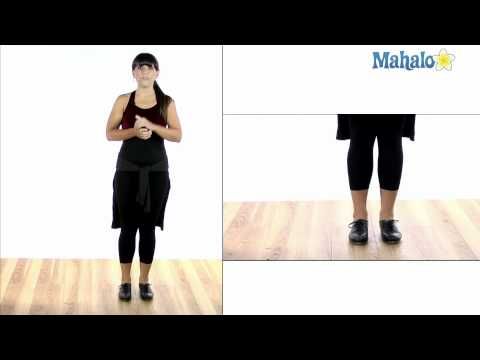 It was already quite difficult for Emil Gled to teach, he gave lessons, sitting on the bed in slippers ... But at the same time he managed to set some movements. Of course, this was not the peak of his teaching career. I am glad that I took over from him, besides me, he had several more students at that time, he was good, kind, he needed communication, he liked to work with us, to feel needed.
It was already quite difficult for Emil Gled to teach, he gave lessons, sitting on the bed in slippers ... But at the same time he managed to set some movements. Of course, this was not the peak of his teaching career. I am glad that I took over from him, besides me, he had several more students at that time, he was good, kind, he needed communication, he liked to work with us, to feel needed.
- Odessa breathes with the sea, but step is the dance of sailors.
- The birth of tap dance was due to chance, even a series of chances. When black slaves from Africa were transported on ships to America, they danced in place, banging their feet on the deck, on the boards of the holds. Sailors copied their style, later it grew into Irish tap, very peculiar. Tap dance swept the whole planet, spread like a mild virus…
- It seems to me that along with the saying "If an Odessa citizen ties his hands, he won't be able to speak", you can also say this: "Odessa cannot dance Irish step, because the hands will have to be kept strictly at the seams!"
- I was interested in Irish step but didn't get carried away.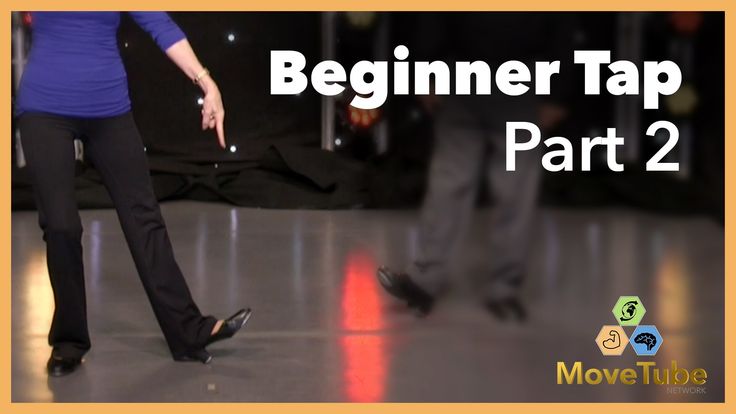 Well-known shows such as "Riverdance" certainly contributed to the popularity of this style. In Odessa, the step dance developed at the level of not an original phenomenon, but copying and imitation. When good tap dancers were brought to the show "Everybody Dance!", the wave of interest increased again. I became the winner, and the tap dance gained popularity throughout the country.
Well-known shows such as "Riverdance" certainly contributed to the popularity of this style. In Odessa, the step dance developed at the level of not an original phenomenon, but copying and imitation. When good tap dancers were brought to the show "Everybody Dance!", the wave of interest increased again. I became the winner, and the tap dance gained popularity throughout the country.
During the preparation of the show, I lived in Kyiv for half a year, not particularly counting on anything, coped with all genres, tried to learn something. It was good that for this time we forgot about family, studies, everyday problems, we were immersed only in dancing from eight in the morning until midnight. All they did was dance, and this could not but affect the results. All the muscles ached, and on stage the pain passed ...
- What is the place of competitive events in your life?
- I traveled to Germany many times for the World Cup, the first to come there was from Ukraine, while the USA and Germany were represented by teams of 200-300 people. Now our dancers are feared at the championships in a good way, we are represented on a par with other countries.
Now our dancers are feared at the championships in a good way, we are represented on a par with other countries.
Traveled a lot to America to learn from masters. There was a case, he coached the Croatian national team for six months. In August, they invited me to Boston to teach and perform, then there was our festival, and then I immediately had to go to London for the festival, to perform and give a master class.
The championship is more about following the rules than the festival. Step is an exact science, it can be counted. If you made eight hits, you did eight hits, and if you missed ... In addition, it is important whether you did it loudly or quietly, quickly or slowly, clearly or indistinctly. There is tact, accent, syncopation. Here, at the World Championships, we evaluated the actual technique, artistry (in terms of acting, it happens that a person knocks well, but his hands, head are on their own, as a result he dances poorly) and, finally, the idea, staging, image.